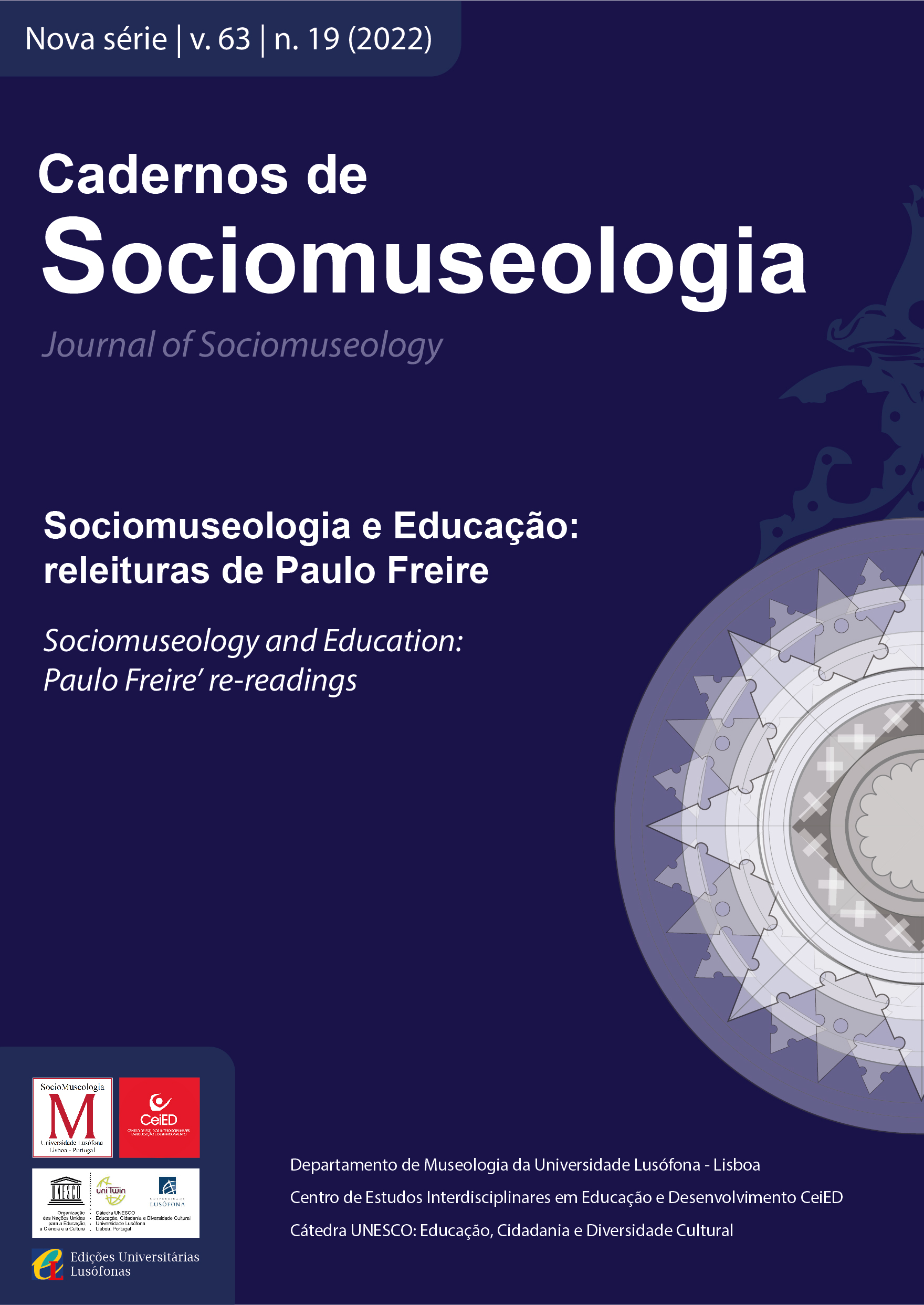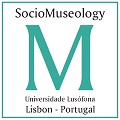Museologia biófila: O Ponto de Memória da Estrutural, Distrito Federal, Brasil (2011-2019)
Resumen
A pesquisa investiga ações museológicas no Ponto de Memória, na Cidade Estrutural, área periférica a 16 quilômetros de Brasília, capital do Brasil, no período de 2011 a 2019. O estabelecimento da cidade Estrutural na década de 1960 teve origem nas atividades de catadores de coleta seletiva que fixaram moradia ao redor do lixão. Na década de 1990 sofreu grande adensamento irregular estimulando o alto índice de criminalidade social e ambiental, perdendo as referências biofílicas. Iniciativa comunitária de memória e Museologia Social, incentivada pelo Instituto Brasileiro de Museus, desde a sua fundação, o Ponto de Memória conduziu inúmeras ações museais em inventário, exposição, ação cultural e conservação participativa. Esses processos foram analisados a partir de conceitos da biofilia para verificar se há referências biofílicas nas ações museais que possam estimular a autocriação e a solidariedade. A metodologia de pesquisa é qualitativa, integrando a pesquisa-ação, que preconiza o diálogo entre os participantes a fim de estimular o protagonismo nas ações e decisões. Os resultados constataram a presença de uma Museologia Biófila, com práticas museológicas abundantes em vitalidade, criação e cooperação, e forte vínculo com as questões da preservação.
Palavras-chave: Museologia Social; Sociomuseologia; Ponto de Memória da Estrutural DF; Biofilia; Conservação Participativa.
Descargas
Los autores conservan los derechos de autor y otorgan a la revista el derecho a la primera publicación, con el trabajo licenciado simultáneamente bajo la Licencia Creative Commons Attribution License que permite compartir el trabajo con reconocimiento de autoría y publicación inicial en esta revista.













